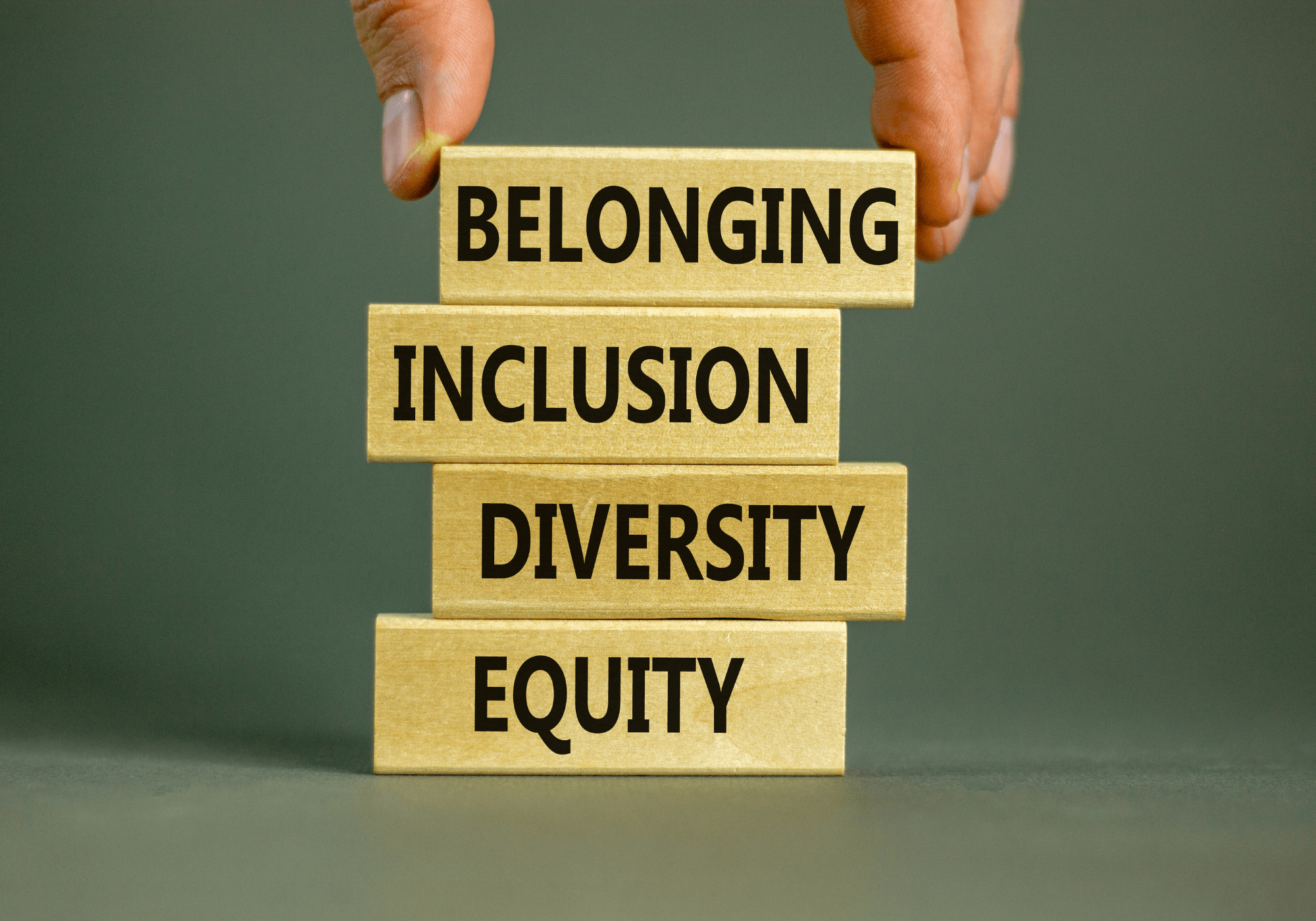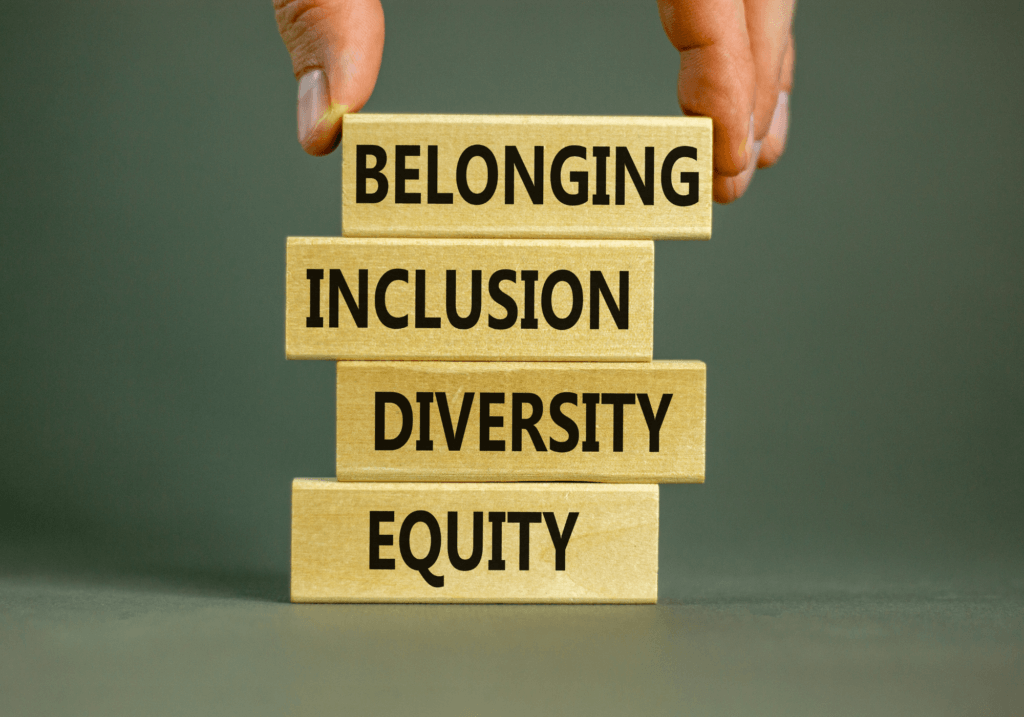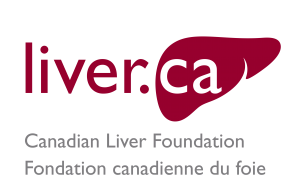Diversity, Equity and the Healthcare System

Diversity, Equity and the Healthcare System


Eric M. Yoshida OBC, MD, FRCP(C), Division of Gastroenterology at the University of British Columbia, Chairperson of Canadian Liver Foundation (CLF) Medical Advisory Committee and a member of the CLF’s Board of Directors Executive Committee.
Natasha Chandok MD, MPH, FRCP(C), Division of Gastroenterology, Western University.
Dr. Yoshida and Dr. Chandok are Co-Chairs of the Diversity and Equity Committee for the Canadian Association for the Study of Liver.
Last spring, the Canadian Association for the Study of Liver (CASL) created its Diversity and Equity Committee and, after a call for applications, we had the honour of being appointed as the committee’s first Co-Chairs. Although CASL had planned the creation of the committee for some time, the announcement of its plans could not have been more timely and poignant as anti-racism protests were generating considerable media attention in both Canada and the United States.
In the United States, the tragic deaths of Ms. Breonna Taylor, a health care worker, and Mr. George Floyd, both members of the Black community, by police action, were the catalyst for the massive protests, detonating a powder keg of accumulated anger over years of social injustice and systemic bias. In Canada, the additional element of systemic racism and bias towards the Indigenous community contributed to the angst. Over the past 10 months, it has also become increasingly clear that the Asian communities in both countries are encountering increasing acts of prejudice and violence. Across both Canada and the United States, Asians have become scapegoats for the COVID-19 pandemic, a situation that was aggravated by a growing chorus of people inappropriately referring to it as the “China virus” and the “kung flu”. Disturbingly, all across Canada and the U.S., there have been media reports of unprovoked assaults against Asian-Canadians and Asian-Americans, and in the United States, a deadly mass shooting of a group of predominantly Asian women took place in Atlanta, Georgia in March 2021.
One may ask if these societal events outside of the hospital ward or clinic are relevant to hepatology. The answer, of course, is that they are very relevant. The practice of medicine does not occur in isolation from society. The same issues of systemic racism and bias, also occur within our hospital walls. A recent review by the B.C. Ministry of Health revealed extensive Indigenous-specific racism and bias within the province’s health care system. We suspect that a similar review in other provinces would produce similar results. Gender inequity in medicine also still exists as reflected by a recent analysis that strongly suggests that the pay inequity between men and women practitioners in Canada is a product of systemic bias. From a patient perspective, Indigenous patients with liver disease have, in the past, been classically stereotyped as suffering from alcoholic liver disease yet studies have reported that autoimmune liver disease is relatively common in that community. In Canada, patients with hepatitis B are disproportionately Asian and that fact, when reported by the media, inevitably draws negative internet comments. A Canadian Liver Foundation awareness campaign called Education Fights Stigma in 2020 focused solely on dispelling some of these preconceived and prejudiced notions around liver disease, and the feedback and comments online within that effort revealed there is still much education and anti-racism work to be done at a broad level across the country.
It is important to appreciate that hepatologists work in this clinical, academic and administrative milieu. We have an obligation to advocate for systemic change in health care even if it may be perceived to be unpopular with hospital administration, some of our colleagues, and with the government. It is also important to appreciate that physicians and surgeons are given a great deal of respect by members of society, including government officials. We should be harnessing this gravitas and advocating for societal change for the betterment of all, even if it may not appear to be directly relevant to medicine or the practice of hepatology. If professional elite athletes such as basketball player LeBron James are willing to advocate for societal change against racism and bias on a grand international stage, the least we, as respected physicians, can do, is join the fight against racism within our local settings.



